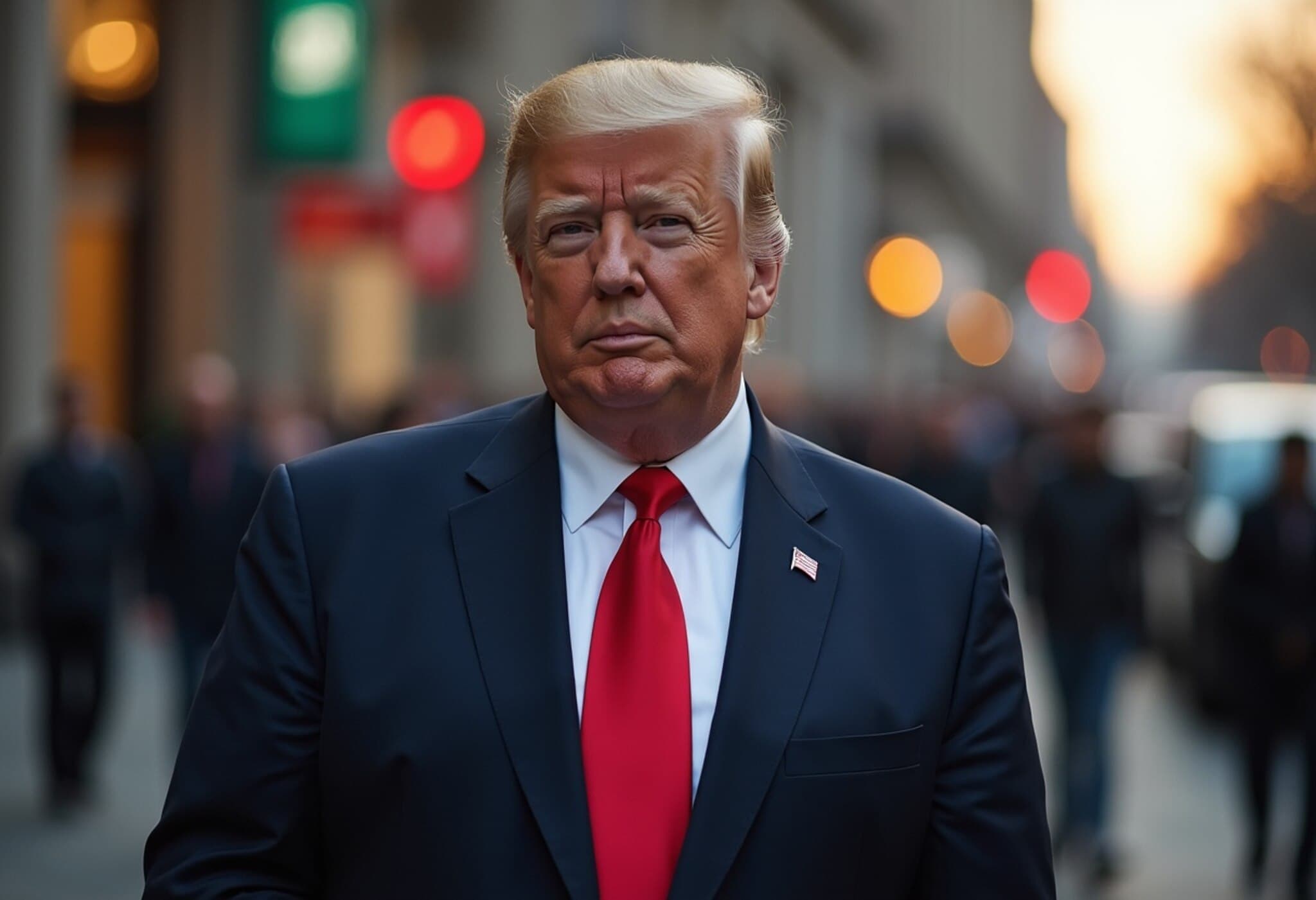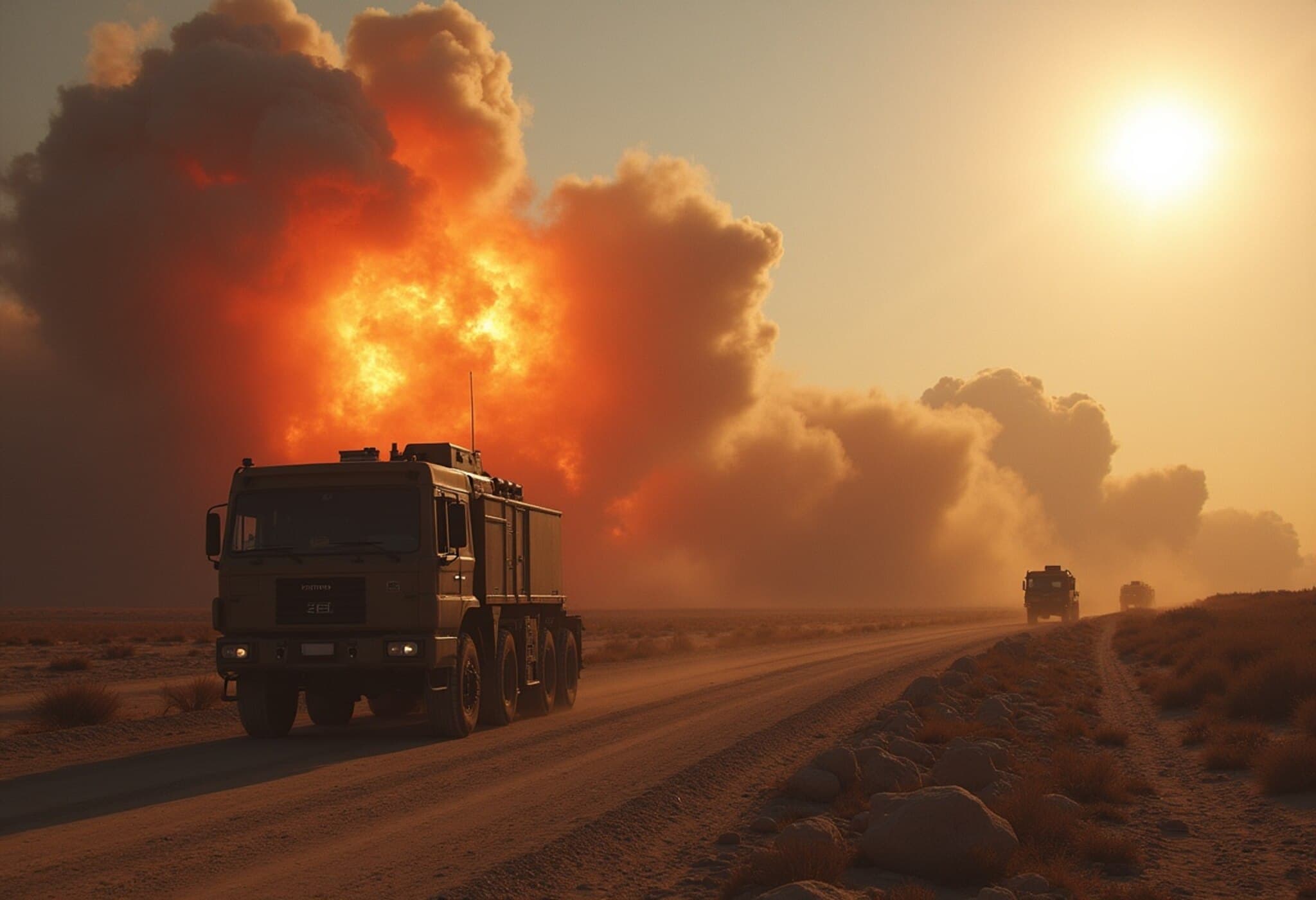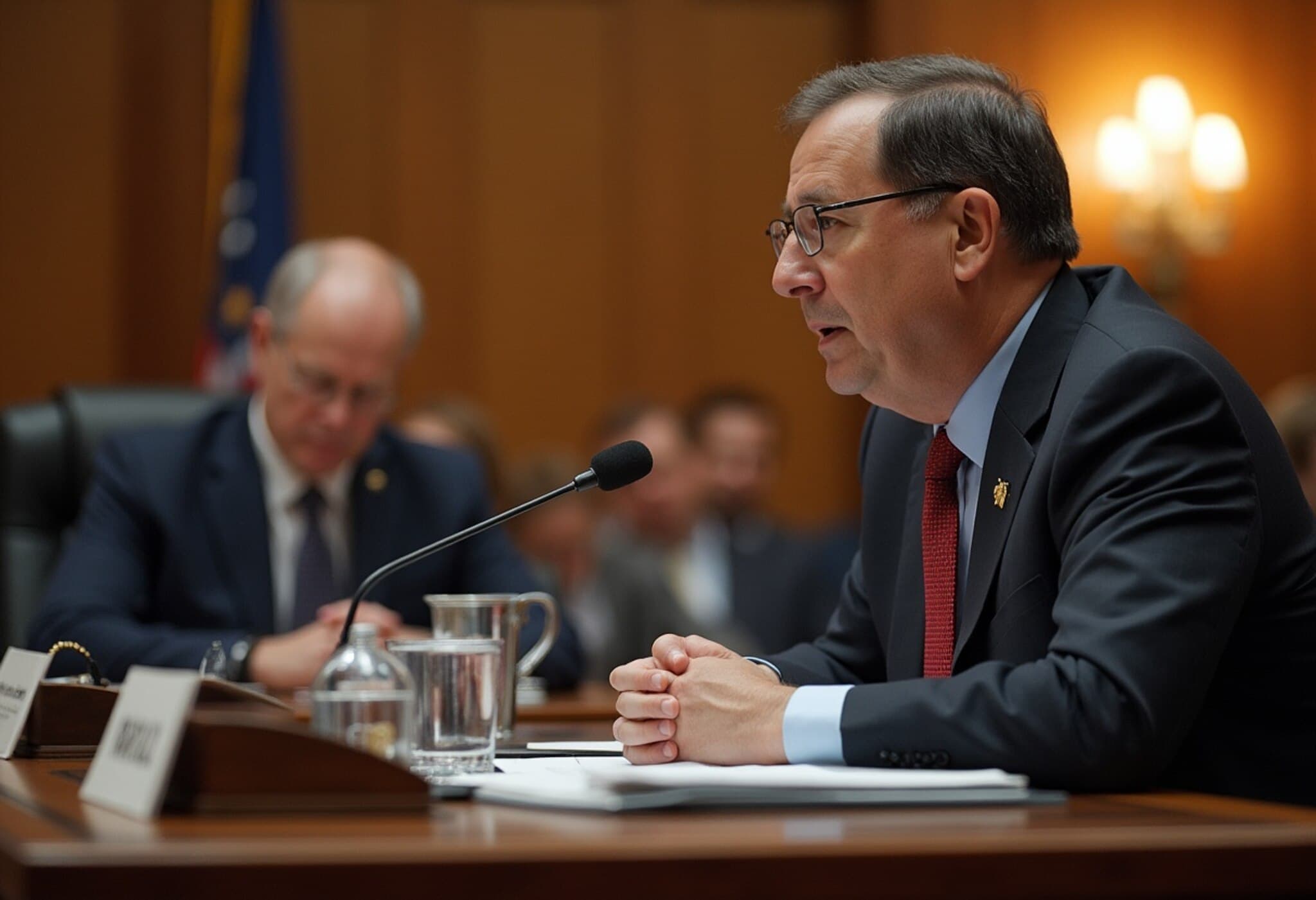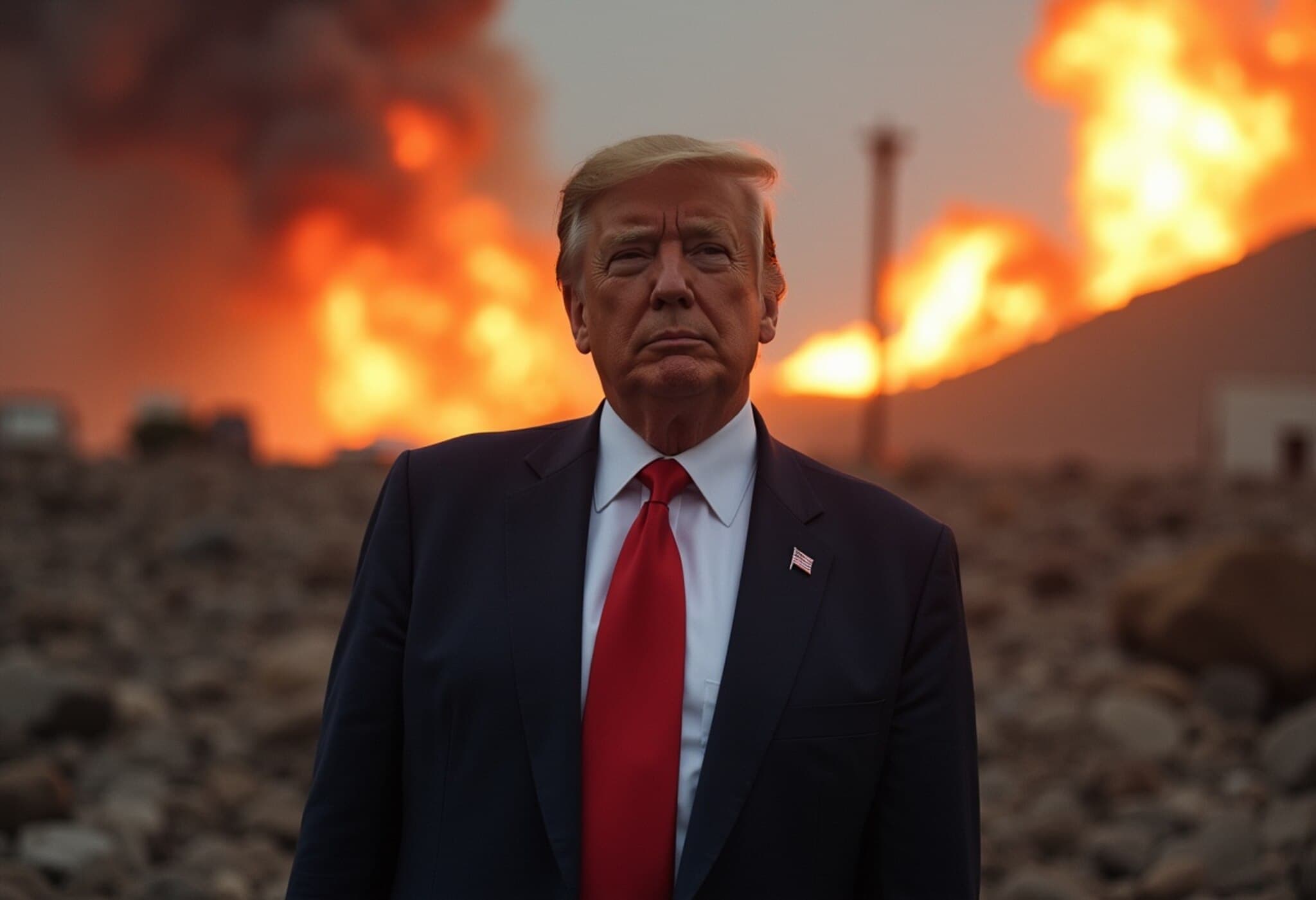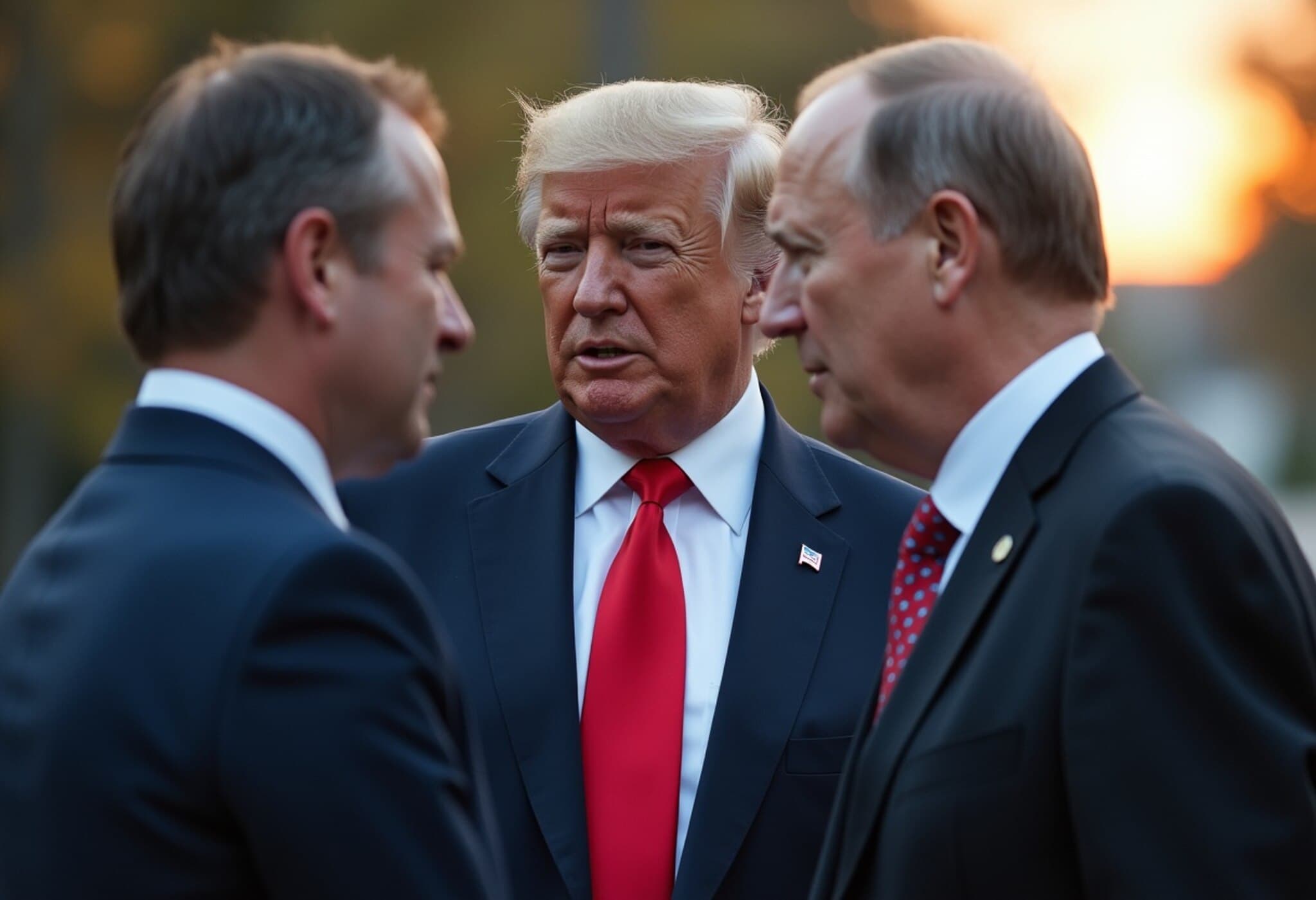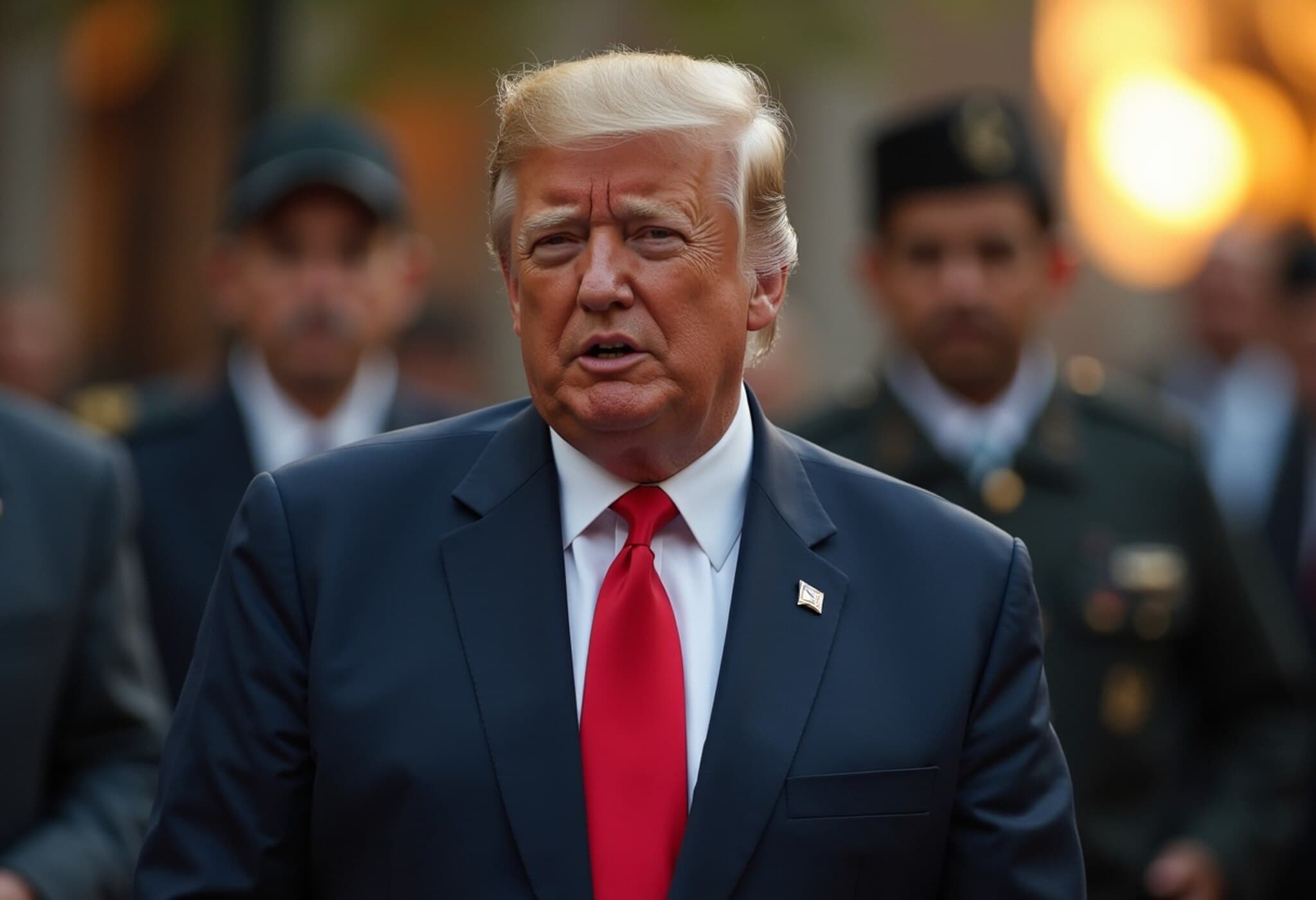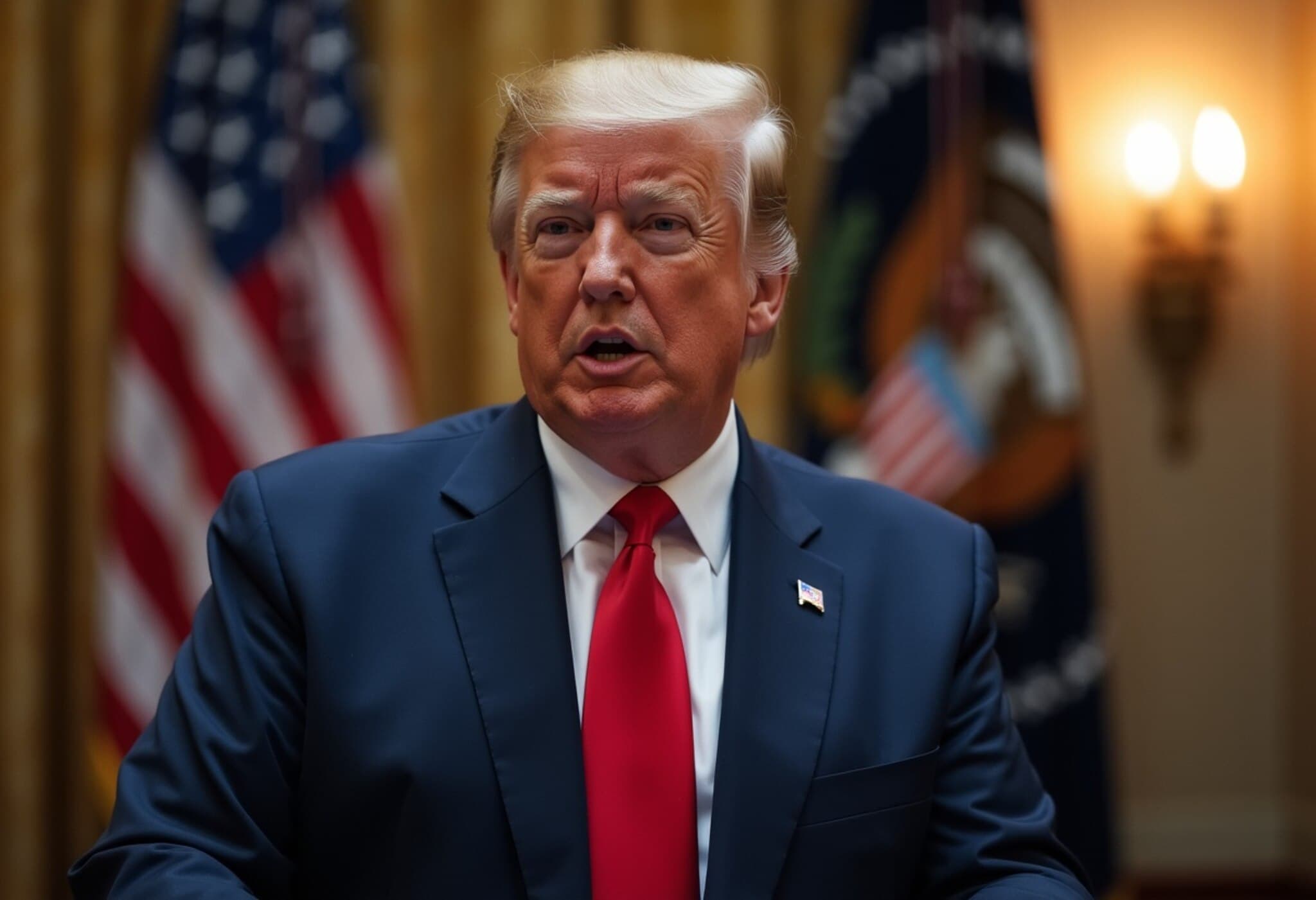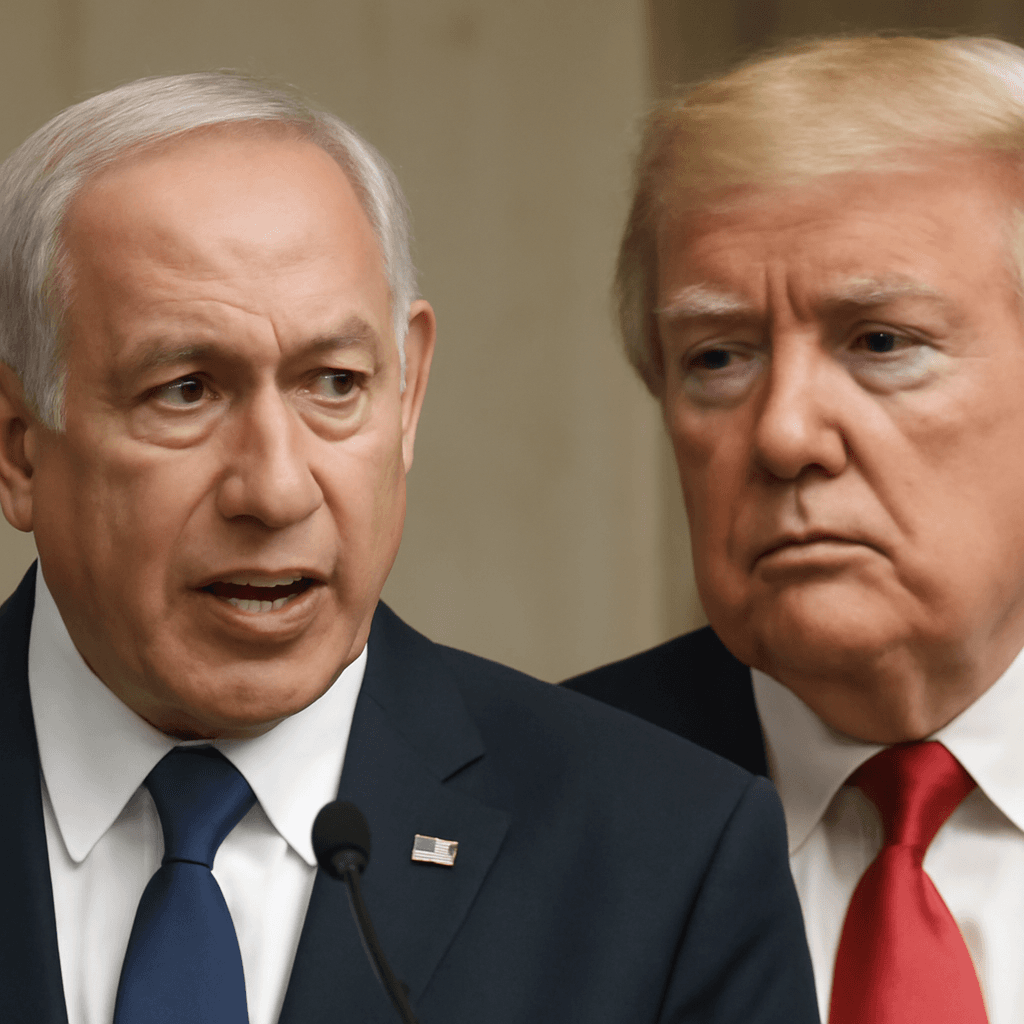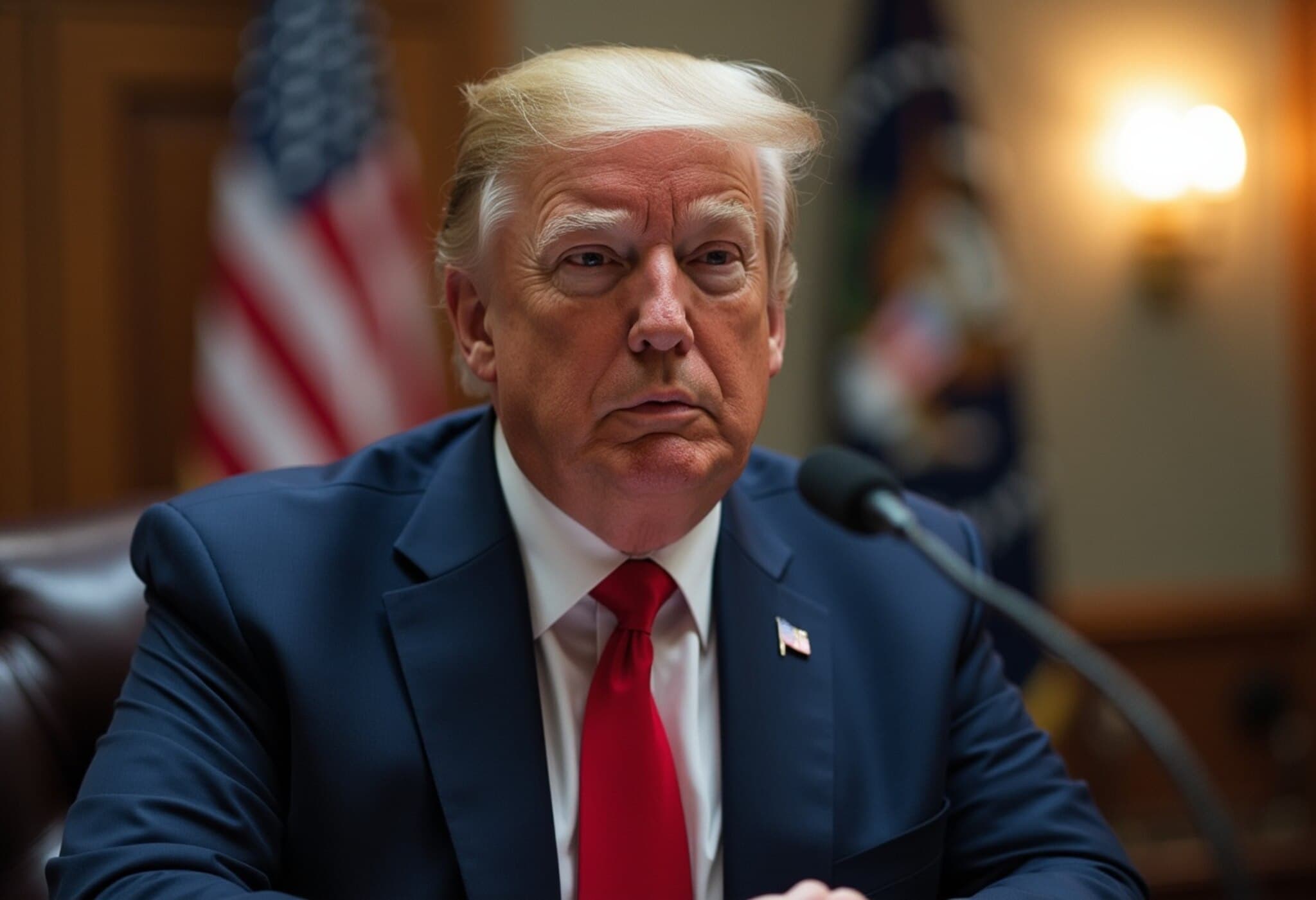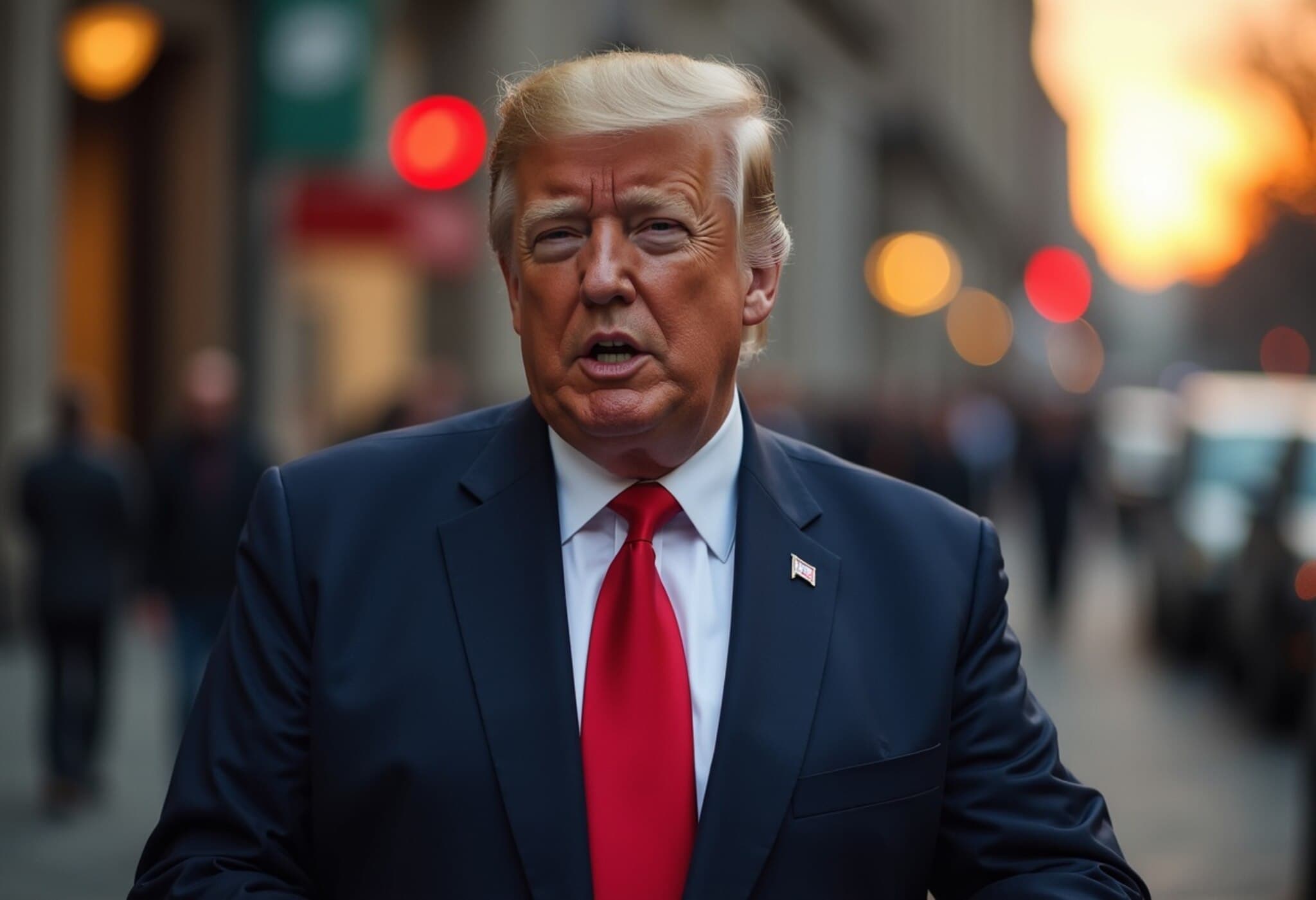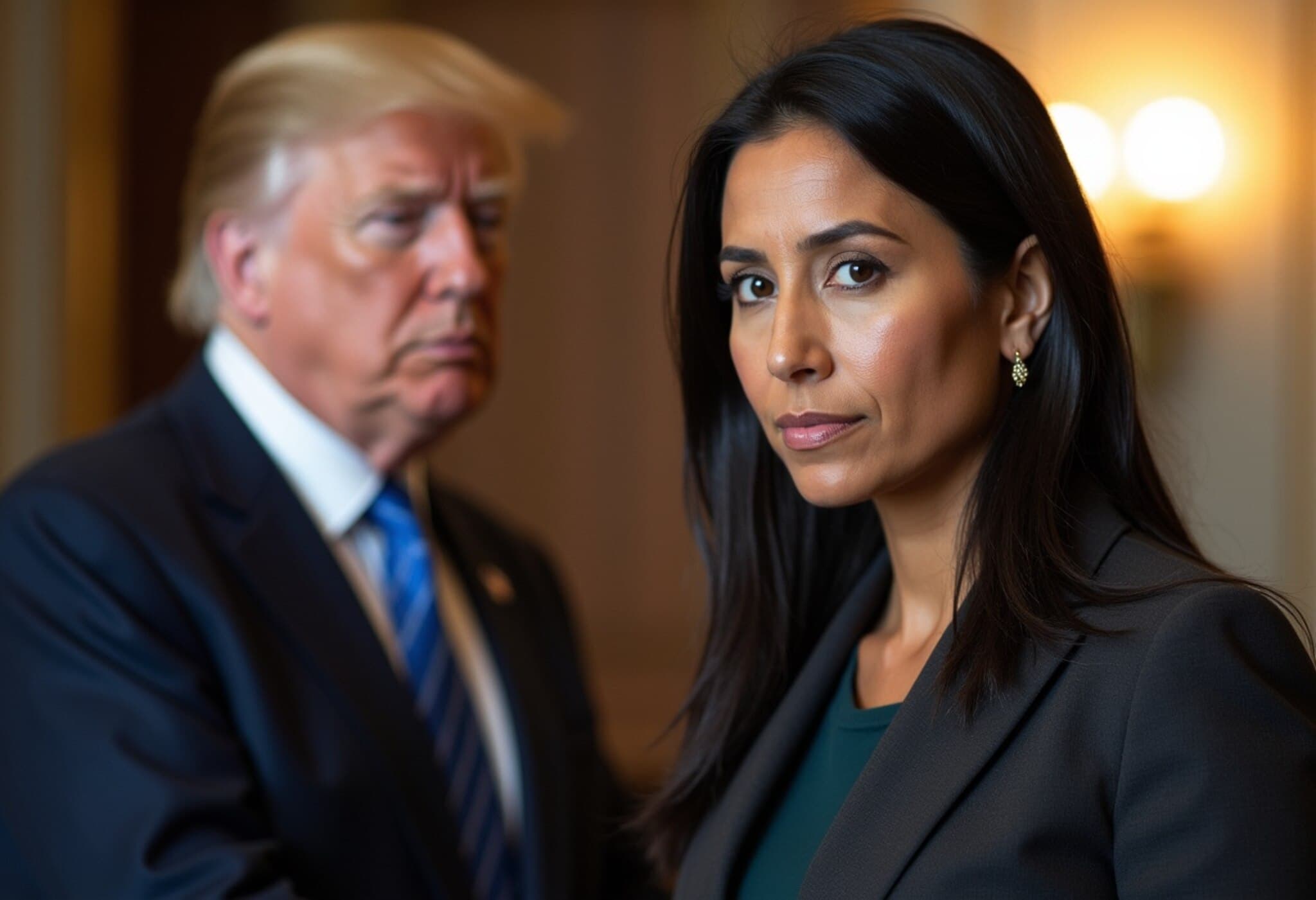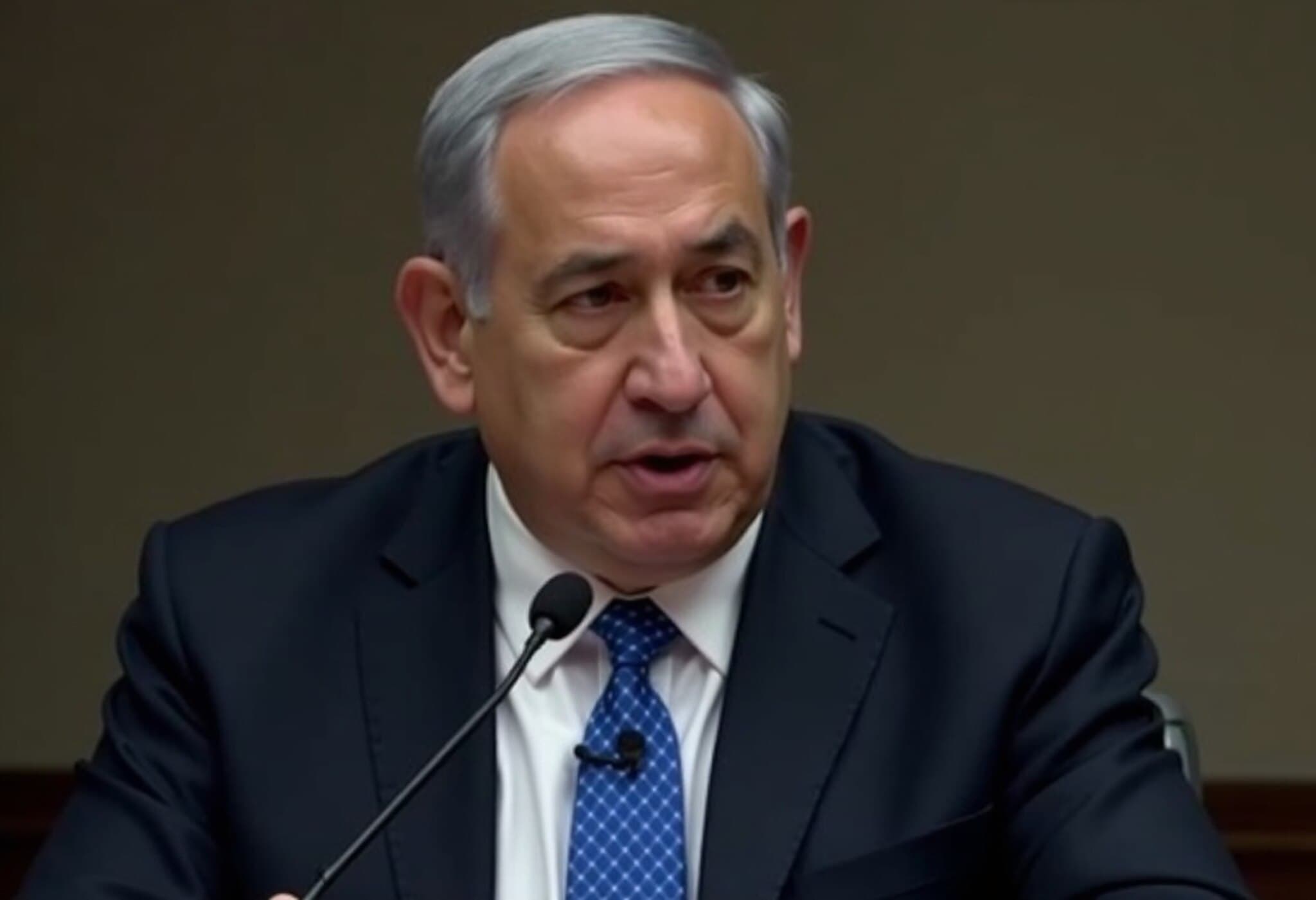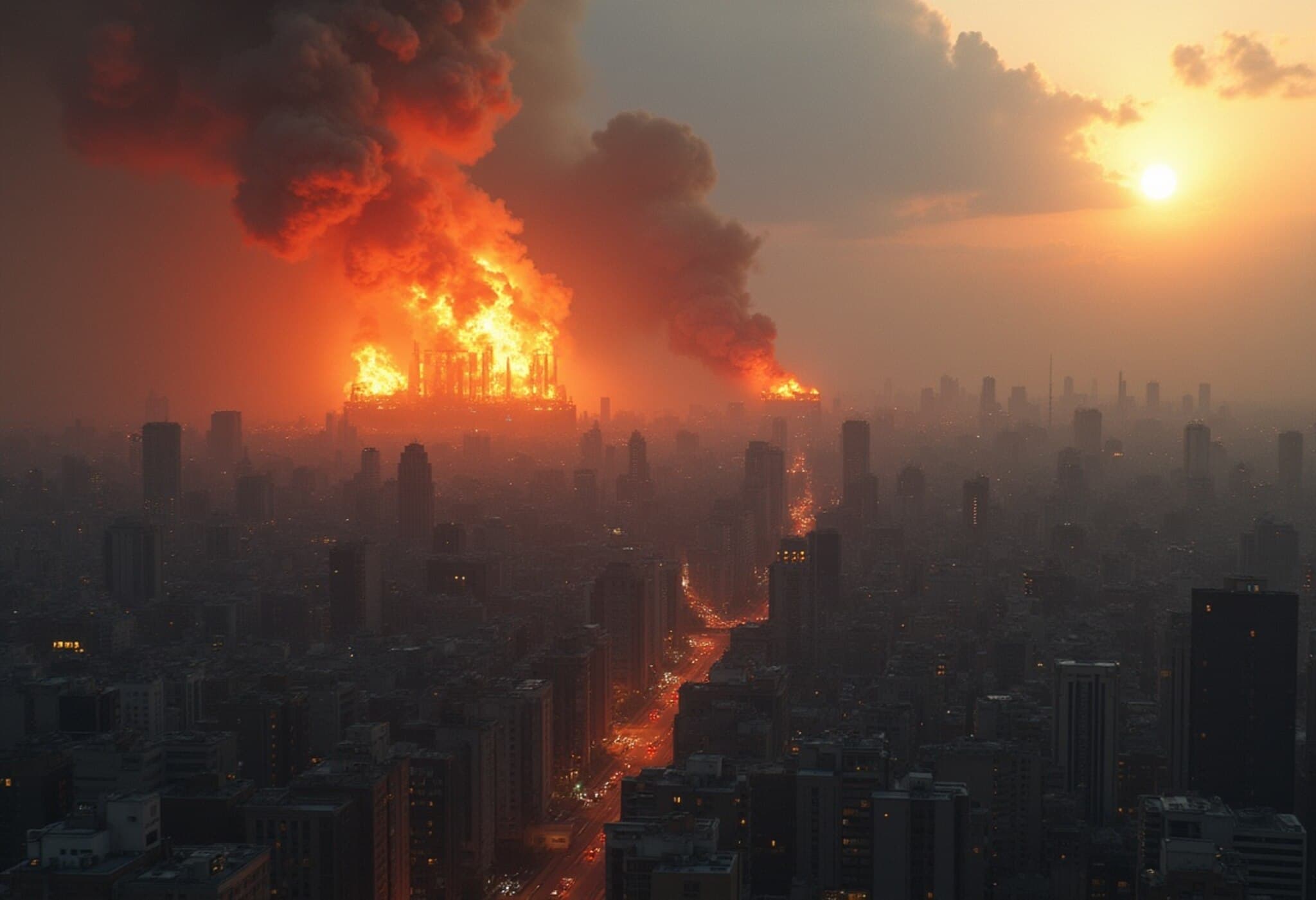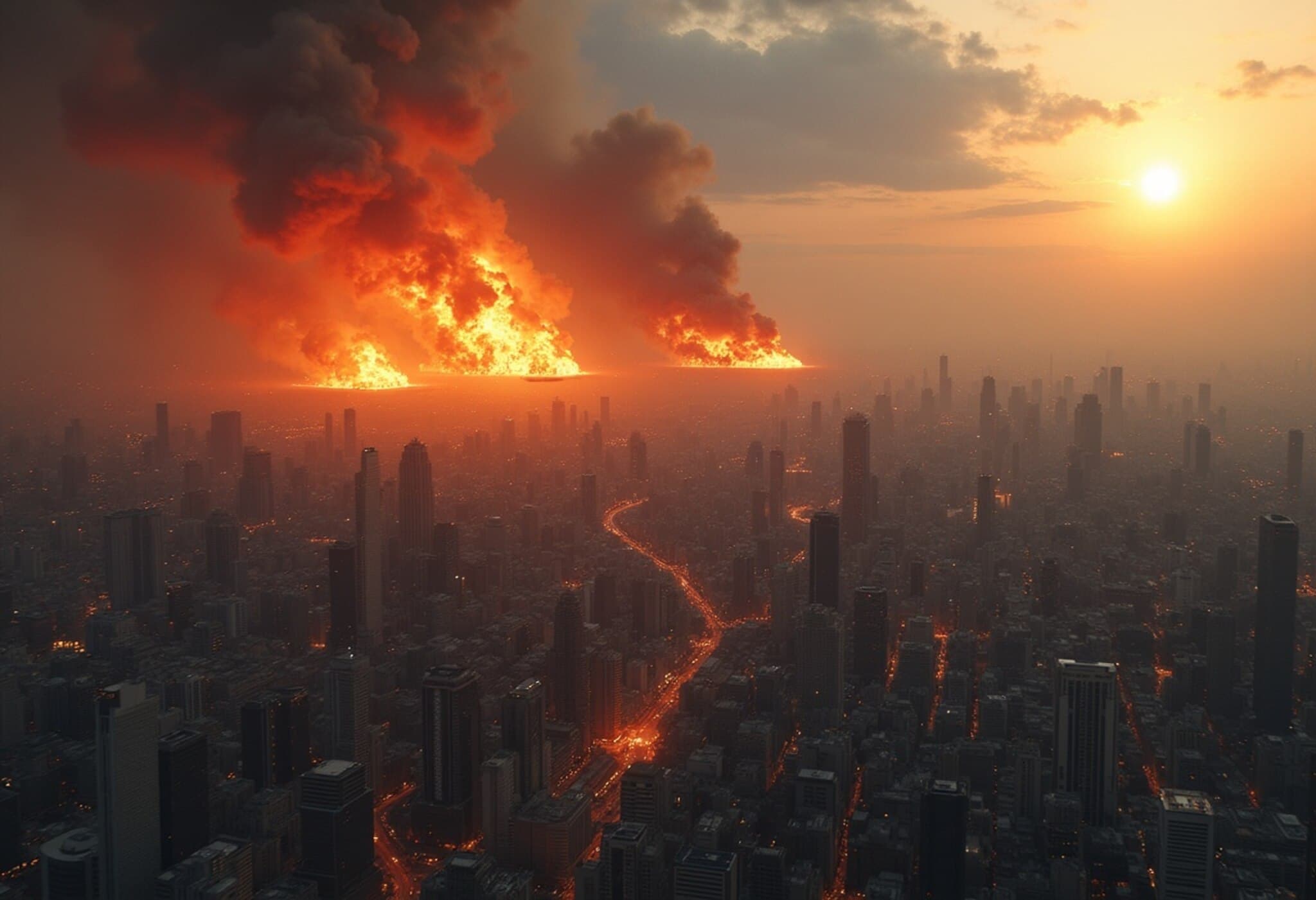Trump Calls for Regime Change Amid US Strikes on Iranian Nuclear Facilities
In a significant shift, former US President Donald Trump openly suggested the possibility of regime change in Iran following recent US military strikes on the country’s nuclear sites. This marks the first time Trump has publicly entertained the idea since Israel initiated its offensive against Tehran nearly two weeks ago.
US Targets Key Nuclear Facilities
On Saturday night, American forces launched precision strikes on three critical Iranian nuclear sites located in Fordow, Isfahan, and Natanz. The operation was intended to disrupt Tehran's nuclear ambitions and was described by US officials as focused solely on Iran's nuclear infrastructure.
Trump Breaks Ranks with Administration
Taking to his social media platform, Trump posted, “It’s not politically correct to use the term, ‘Regime Change,’ but if the current Iranian Regime is unable to MAKE IRAN GREAT AGAIN, why wouldn’t there be a Regime change??? MIGA!!!” This statement sharply contrasts with the official stance of the current US administration, which has consistently emphasized that the primary objective remains preventing Iran from acquiring nuclear weapons—not toppling the government.
White House Reaffirms Focus on Nuclear Nonproliferation
Senior officials swiftly clarified the US position amid this divergence. Defense Secretary Pete Hegseth underlined that the mission was “not and has not been about regime change” but rather a precise effort to halt Iran’s nuclear program.
Similarly, Vice President JD Vance reiterated during an interview that their approach is clear: ending Iran’s nuclear development without escalating the conflict. He noted, “We do not want to protract this or build this out any more than it’s already been built out. We want to end their nuclear program, and then we want to talk to the Iranians about a long-term settlement here.”
Balancing Act in a Volatile Region
The tension between the US and Iran has intensified as Israel and the United States coordinate efforts to curb Tehran’s nuclear capabilities. Trump’s unexpected call for regime change introduces a new layer of complexity to an already fragile situation, contrasting with official messages aiming to avoid full-scale conflict and focus solely on nuclear nonproliferation.
As diplomatic and military maneuvers continue, the world watches closely for developments that could reshape the geopolitical landscape of the Middle East.

